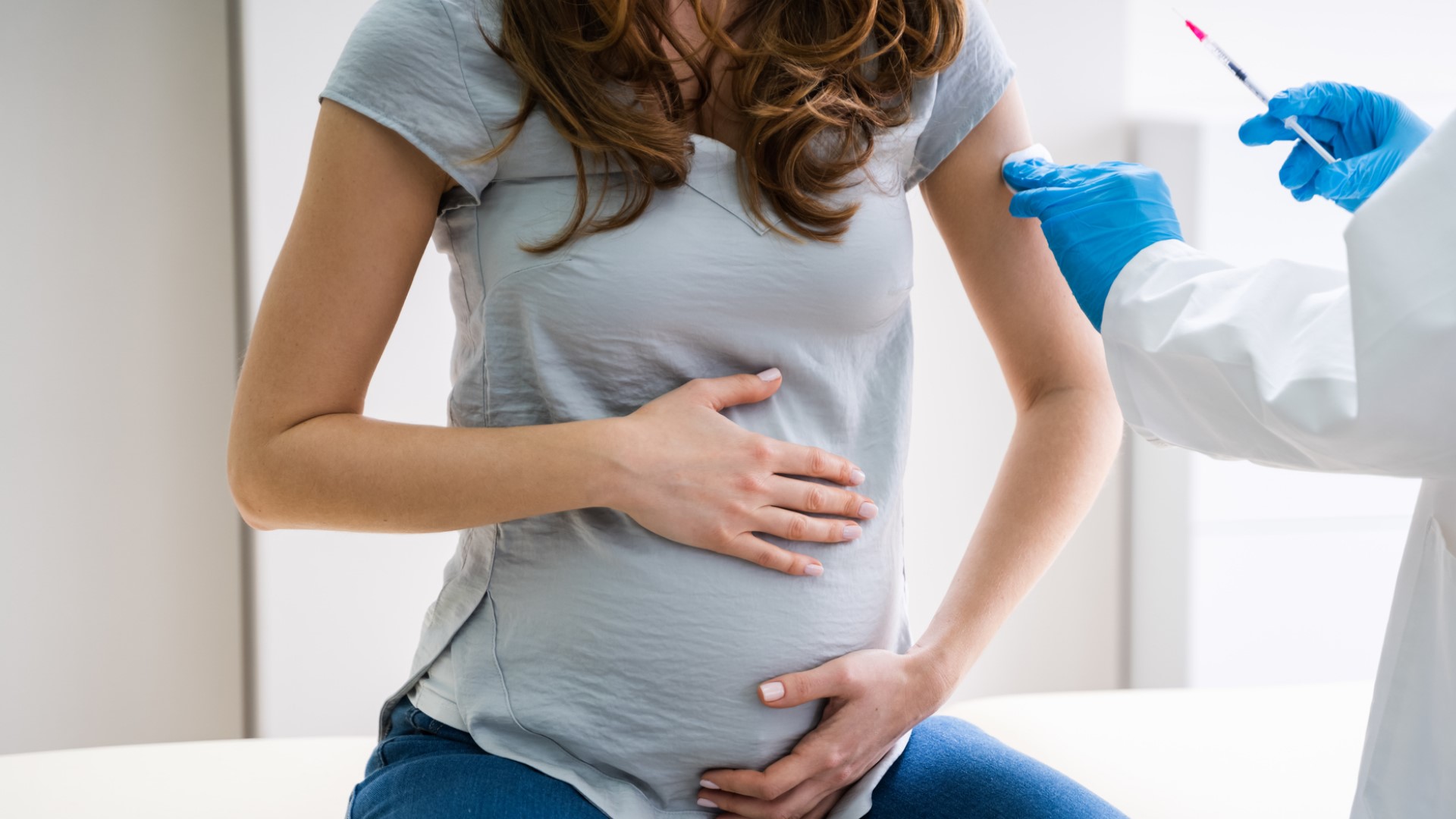CHARLOTTE, N.C. — Guidance has been a little hazy for expectant mothers, faced with a decision about getting the COVID-19 vaccine. Most recently, some of the confusion might stem from conflicting back-to-back World Health Organization publications.
The organization published interim recommendations on the Moderna vaccine on Jan. 25, where its language seemed to steer pregnant women away from getting the vaccine unless they had to.
"WHO recommends not to use mRNA-1273 (Moderna's vaccine) in pregnancy, unless the benefit of vaccinating a pregnant woman outweighs the potential vaccine risks," the document said.
The next day, the WHO published another fact sheet that said the organization did not have "any specific reason to believe there will be specific risks that would outweigh the benefits."
So what should expectant mothers do?
Doctors who weighed in on the matter said any concerns stem from lack of concrete data, not from any specific problems reported with pregnant women getting the vaccine.
"In the vaccine trials, the number of pregnant people were low numbers," Dr. Anupama Neelakanta, an infectious disease physician with Atrium Health, said.
The Centers for Disease Control and Prevention states the same: "The potential risks of mRNA vaccines to the pregnant person and the fetus are unknown because these vaccines have not been studied in pregnant people."
However, the CDC also reports that current knowledge shows mRNA vaccines, which Pfizer's and Moderna's are, are "unlikely to pose a risk."
In the end, it comes down to considering the unknown alongside what is known, and it is known that pregnant women are at higher risk of severe illness, hospitalization and death from the virus.
The current guidance is to consult with a doctor to help decide what to do.
"We want them to make that balance, Dr. Michael Kacka, a physician with South Carolina's Department of Health and Environmental Control and the agency's Chief Medical Officer for COVID-19 said. "Have that discussion with their provider and decide whether they think the vaccine might be the right thing for them at that time."
This week, White House health advisor Dr. Anthony Fauci said more than 10,000 pregnant women have received the COVID-19 vaccine, and so far there have been "no red flags."

